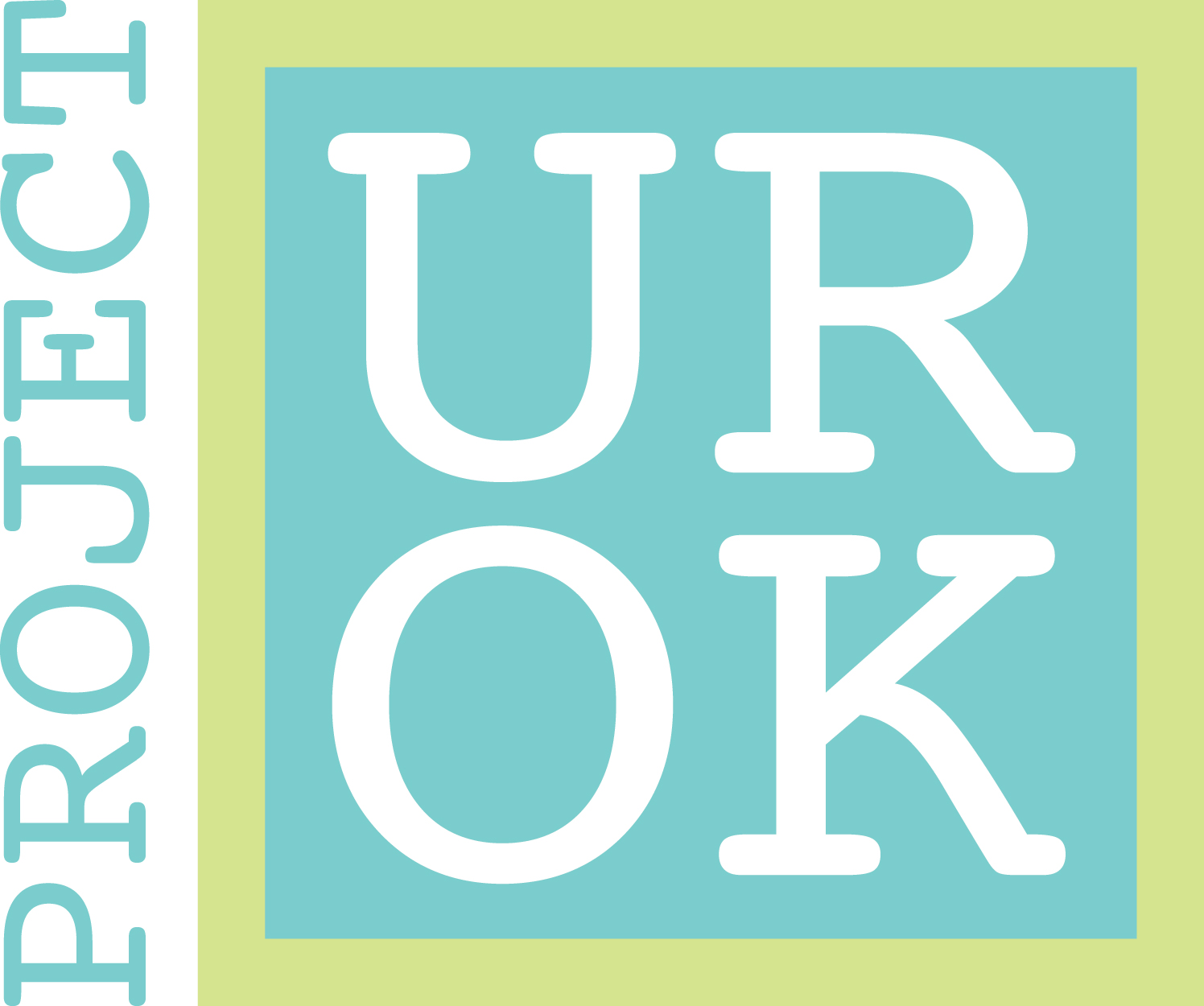Minority Mental Health Advocate: J.P. Regis
"You’re more than the struggles you face and the trauma of your community." -J.P.
Tell us about the work you do and how you got started.
I recently founded the Queer Minority Mental Health Project (@qpoc_mh on Twitter) to advocate for greater representation of, and resources for, LGBTQ people of color in the mental health field. Too many living at the intersection of these identities, including myself, lack representation in the mental health narrative and struggle to find LGBTQ and culturally competent providers. The Project seeks to educate the public on the unique mental health experiences of this community, and help providers understand their needs.
In addition, for the past seven years, I’ve worked with nonprofits to bring resources and advocacy to different communities striving for a better future. First, helping low-income students and families in the District of Columbia, then providing education resources to high school and undergraduate students, and now at the Human Rights Campaign bringing LGBTQ-inclusion to adoption and foster care agencies around the country. My experiences with depression and anxiety, have had a profound impact on my ability to empathize and instilled a drive to serve others seeking to thrive. I have found the more I work for the betterment of others, the more empowered I feel to face my own mental health journey, and reach for the light.
Why does minority mental health matter to you?
As a young first-generation Haitian-American, I didn’t see my Haitian or Black American community represented in any of the narratives or imagery about mental health. There are far too many suffering in silence. When I was younger I heard “that's for people who are really sick” or, “not strong enough.” I’ve known too many in my community so deep in the throes of their struggles and those of their families, they feel they don't have the “luxury” of taking care of their mental health. This minority mental health month, I want everyone to know, you are worthy of a full healthy life and there are so many ways to self-care: paid and unpaid, pharmaceutical and non-pharmaceutical, etc. You’re more than the struggles you face and the trauma of your community.
What would you tell your younger self?
I would first say, hold on tight! Then, I’d say you’re stronger than you’d ever believe and will overcome more than you can imagine. I’d urge myself to research healthy coping mechanisms and options for self-care. Above all, never give up and, remember, there is a way to the other side of every battle waged internally. I would want my younger self and all people struggling with mental health challenges to know there is always a way to the other side, and the faintest light can illuminate the darkness. After 15 years living with depression and anxiety, navigating various avenues of treatment, I can genuinely say wellness is absolutely possible.

